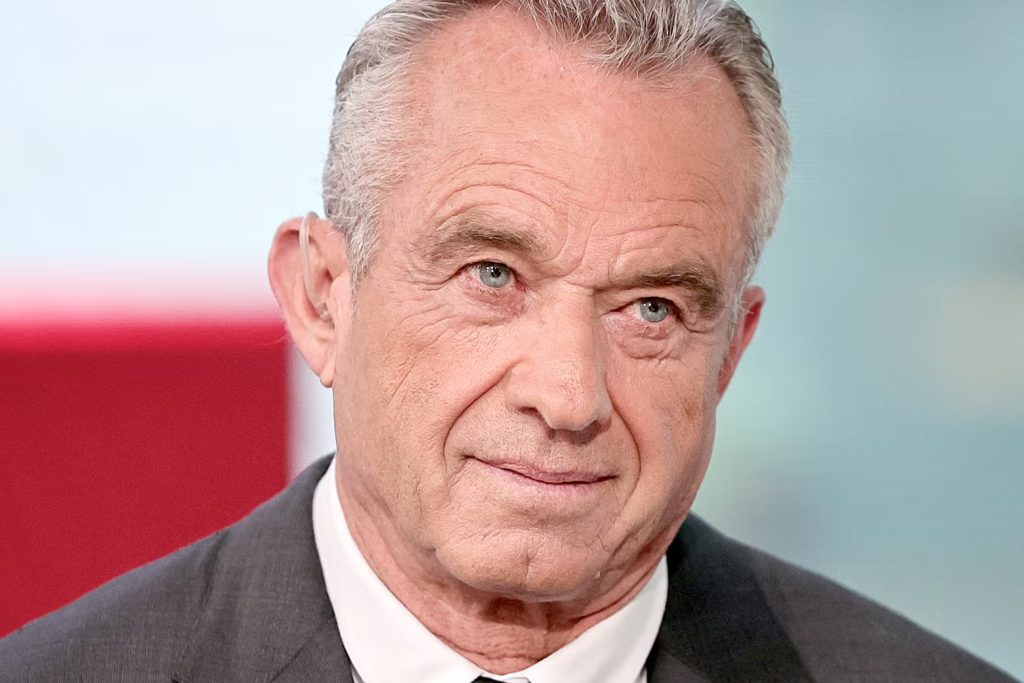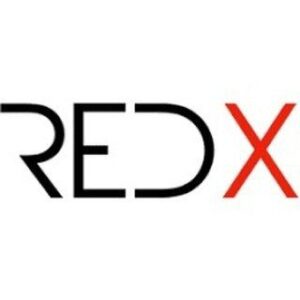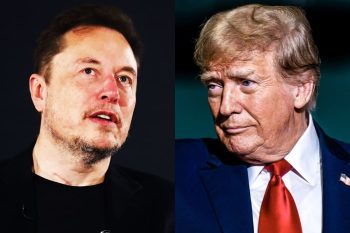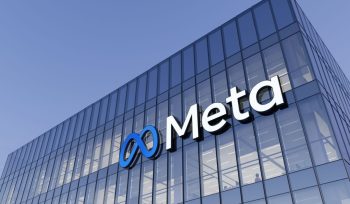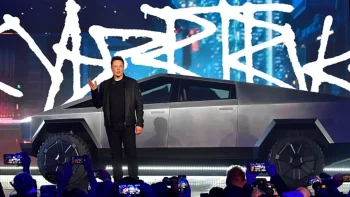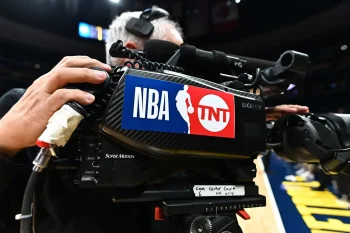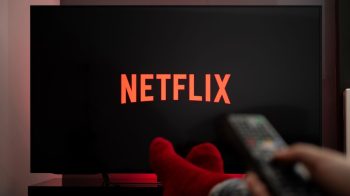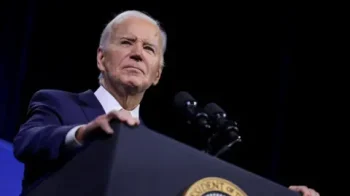Independent presidential candidate Robert F. Kennedy Jr. has recently escalated his criticism of President Joe Biden, positioning him as a more significant threat to democracy than Donald Trump, the presumptive GOP nominee. In an interview with CNN, Kennedy accused Biden of utilizing federal agencies to censor political speech, a claim tied to a Supreme Court case concerning the extent of interaction between government officials and social media companies over content moderation. This accusation is part of a broader debate on free speech and government involvement in regulating online platforms, highlighting tensions between public policy and private sector content policies.
Kennedy’s assertions stem from his interpretation of the ongoing legal discussions and his personal experiences with social media censorship, particularly regarding his stance on vaccines. As a notable figure in the anti-vaccine movement, Kennedy has faced criticism and sanctions from social media platforms, which have banned or restricted his content due to misinformation concerns. This personal battle against what he perceives as censorship has fueled his broader critique of the current administration’s policies and actions concerning free speech and democratic principles.
Reactions and Implications
The Democratic National Committee (DNC) and Biden campaign have responded to Kennedy’s statements, emphasizing the differences between Biden’s commitment to democracy and Trump’s alleged actions undermining it. The DNC highlighted the irony in Kennedy’s comparison, considering the serious accusations against Trump, including incitement of the Capitol riot on January 6, 2021. This debate reflects not only the polarized nature of American politics but also the complex discourse surrounding free speech, misinformation, and the role of government in regulating or influencing online content.
Kennedy’s remarks also touch upon a broader concern among Democrats that his candidacy could divert crucial votes from Biden, potentially aiding Trump’s campaign. This fear is compounded by Kennedy’s past statements questioning the legitimacy of previous elections, drawing parallels to Trump’s unfounded claims of election fraud. As the 2024 presidential race heats up, these discussions underscore the challenges facing American democracy, including the balance between safeguarding free expression and combating misinformation, the role of technology in public discourse, and the impact of individual candidates on the electoral process.


